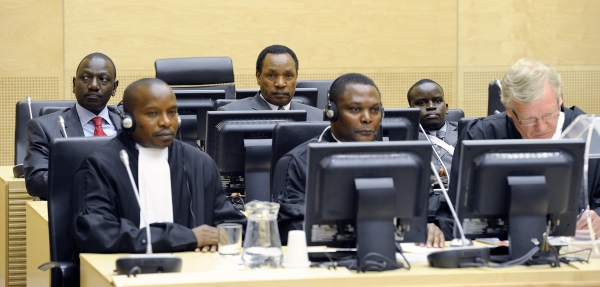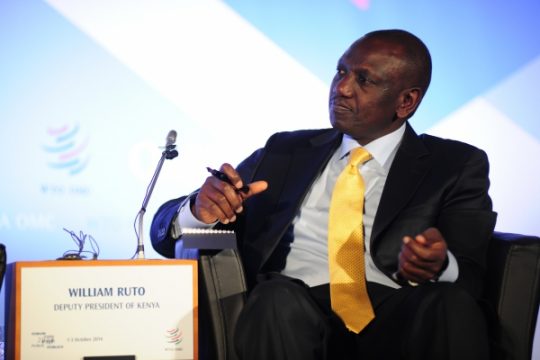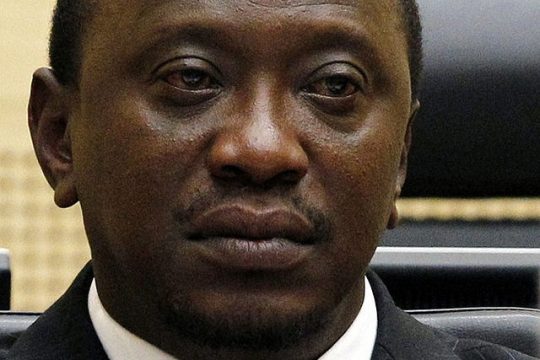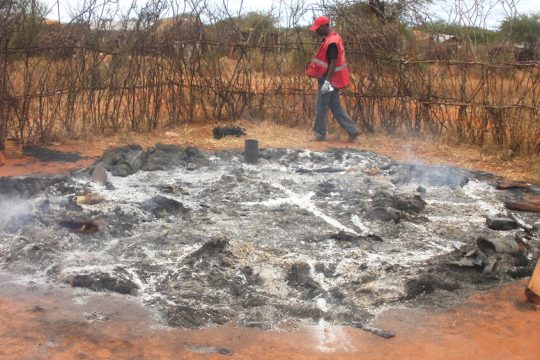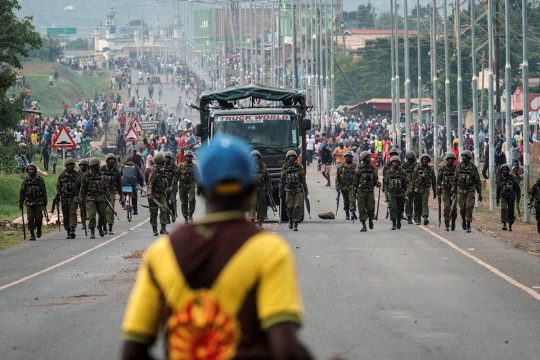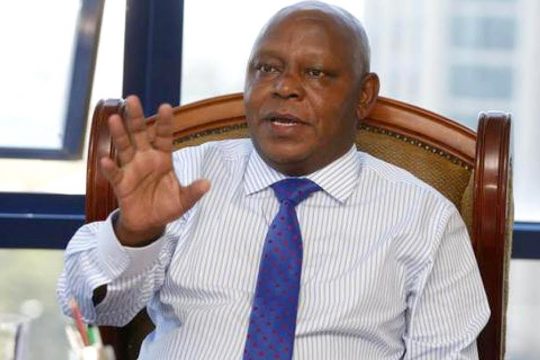This year’s annual assembly (Assembly of States Parties) of the International Criminal Court was hijacked by a Kenyan offensive to save its Deputy President from the Court, which is trying him for crimes against humanity. Throughout the Assembly (November 18 to 26), Nairobi worked to get one thing: a declaration from the meeting explicitly banning retroactive use of a 2012 amendment allowing the use of retracted witness testimonies in ICC cases. From the start, NGOs and several diplomats denounced Kenya’s offensive. Nairobi threatened to pull out of the ICC if the issue was not put on the Assembly agenda, raising fears that other discontented members might do the same in future.
The Kenyan delegation of some 20-strong, led by Foreign Minister Amina Mohamed, obtained only a partial victory. The Assembly refused to pass a resolution but agreed to include in its final report the issue of non-retroactivity of the amendment. This does not change the fact that it is the ICC Appeals Chamber judges who are to make a final decision. "We urged the Assembly to find refuge in the universal values of good faith, rule of law, fairness and equality amongst nations, in the pursuit of justice for all,” Amina Mohamed declared at the end of the Assembly. "It is imperative to note that not one State Party has contradicted our position that two years ago, the agreement was that the amendment would not be applied to the Kenyan Situation.”
This procedural issue could decide the fate of the Kenyan Deputy President William Ruto. Several witnesses in his case retracted their testimonies because threatened or bribed, according to the Prosecution. The judges then agreed to admit their initial statements. The issue is crucial, since the Trial Chamber’s decision – appealed by the defence at the same time as Nairobi launched its diplomatic offensive – could allow the Prosecutor to get a conviction for Ruto.
Ruto’s lawyers and the Kenyan authorities say the amendment, adopted in 2012, cannot be used retroactively. Judicial procedures against Ruto date back to 2010, but his trial started only in September 2013. He is charged with crimes against humanity for alleged involvement in deadly violence that swept the country after presidential elections in December 2007.
Kenya’s offensive drew support from only a few countries, notably Uganda. While Kenya is not the first State to try to manipulate the Court for its own ends, this move was unprecedented, since it came at the same time as the issue was before the ICC Appeals Chamber.
Nairobi made its vote on everything, including the ICC budget, conditional on this question. William Pace, head of the Coalition for the International Criminal Court, said this was a “dangerous precedent”. He said he was disappointed that the Assembly had “bowed to political pressure”.
Kenya Human Rights Commission Director George Kegoro recalled that in 2013 the Assembly had already passed an amendment permitting indicted leaders to be absent from some of their trial hearings. He accused the Assembly of undermining the ICC’s mandate to pursue those most responsible for serious crimes. “The victims of Kenya’s post-election violence have now been irreversibly betrayed by the Assembly,” he said.
The Assembly also adopted a 2016 budget of 139 million Euros, up 7% on 2015 but below the 153 million requested. This does not include the 206 million Euros invested in new premises to which the ICC will soon move, nor numerous special funds – e.g. for victims, relocation of witnesses – funded by member States on a voluntary basis.



